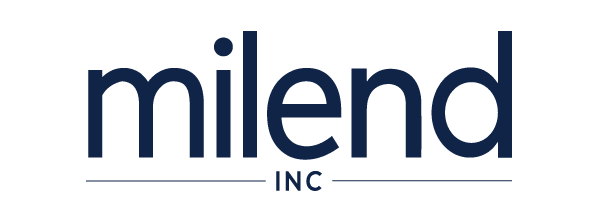Conventional and FHA Loans: Which is Best?
While the list of options seems to be shrinking for mortgage customers, understanding the differences between two of the major programs, Conventional or FHA, and when you might want to use each, should help to make you a more informed consumer. Each has its own unique benefits.
Benefits to Conventional Loans
One benefit to having a Conventional loan is that there is no upfront mortgage insurance premium required and no mortgage insurance required if the loan-to-value is 80% or less of the value of the home. FHA, alternatively, charges 1.75% of the loan amount as an upfront mortgage insurance premium and there is also a monthly mortgage insurance premium regardless of the loan-to-value position. If the loan amount on the Conventional loan exceeds 80% of the home’s value, there will be a monthly mortgage insurance payment. In lieu of a monthly payment on conventional loans, though, a client may opt for a single premium option. Ask one of our licensed loan officers for additional information, and which is right for you. Keep in mind, again, that no upfront mortgage insurance premium is charged on conventional loans. The monthly mortgage insurance payments may be cancelled, on conventional loans, when the loan-to-value of the mortgage reaches 78% of the home value (additional specifications may be required, per mortgage related guidelines).
Conventional loans can be on multiple property types as well. Eligible properties include: Owner-occupied properties, second homes and investor properties. FHA loans are available only for Owner-occupied properties (unless when performing a streamlined refinance, or under special circumstances).
Benefits to FHA Loans
FHA loans do not require as much of a down payment as a Conventional loan. FHA allows a down payment of as little as 3.5% of the sales price compared to a Conventional loan that will generally require a minimum down payment of 5.0%. FHA also has lenient guidelines, pertaining to less than ideal credit history and income requirements, as opposed to Conventional loans, which can be more difficult to qualify for, in certain situations.
FHA allows for a streamline refinance on an existing FHA loan with limited credit requirements, no appraisal required, nor income verification. Conventional refinancing requires a full credit review, income verification and the need for a new appraisal (unless when taking advantage of Fannie Mae or Freddie Mac’s Home Affordable Refinance Program).
Contact MiLEND today and see what all their loyal, satisfied customers have been saying all along. When you combine their level of world class customer service with the benefit of saving money, it becomes clear that MiLEND is the premier lender to use for all your loan and mortgage needs!

Your Ultimate Winter Home Preparation Guide
Read more...



